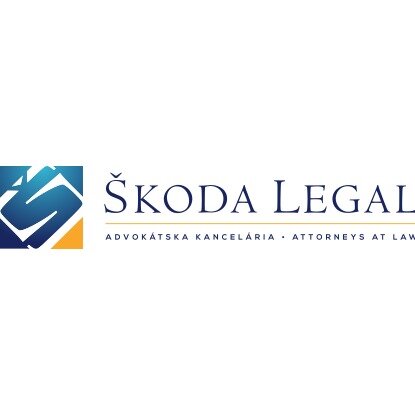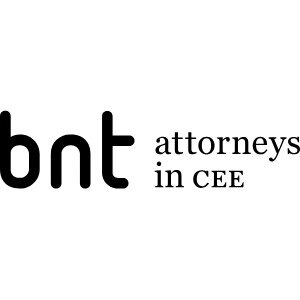Best Debt & Collection Lawyers in Bratislava
Share your needs with us, get contacted by law firms.
Free. Takes 2 min.
List of the best lawyers in Bratislava, Slovakia
About Debt & Collection Law in Bratislava, Slovakia:
Slovakia, including its capital Bratislava, has a comprehensive set of laws regarding the debt and collection process. These laws ensure the rights of creditors to collect debts, while also protecting debtors from unwarranted harassment. The legal regulations related to debt collection in Bratislava primarily revolve around loans, mortgages, credit cards, and other forms of consumer or business debt. The laws also cover debt enforcement, debt recovery, and issues related to insolvency and bankruptcy.
Why You May Need a Lawyer:
There are times where the services of a lawyer can be beneficial in the context of debt and collection. These situations include: facing a lawsuit for a debt owed, dealing with harassment from debt collectors, needing to file for bankruptcy, not understanding the terms of a debt agreement, or dealing with complicated business debts. A lawyer can help negotiate with creditors, ensure your rights are respected, provide vital legal advice, and represent you in court if necessary.
Local Laws Overview:
The laws concerning debt collection in Slovakia are part of the Civil Code and the Code of Civil Extraprocessual Conduct. These laws protect debtors against unfair collection practices while setting an enforceable standard for creditors in recovering debts. Debt collectors are prohibited from using threatening or misleading tactics. Debtors also have the right to request verification of the debt and contest the amount if they believe it's inaccurate.
Frequently Asked Questions:
What happens if I don’t pay my debt?
If a debt is not paid, a creditor has the right to initiate legal proceedings to claim the owed money. Persistent failure to repay may result in penalties, loss of property, or even a lawsuit.
Can a debt collector contact me at any time or any place?
No, debt collectors have specific rules regarding acceptable times and places for contact. If these rules are violated, it is considered harassment.
Can my wages be garnished in order to pay off my debt?
Yes, if the debt goes unpaid for an extended period and a lawsuit is won by the creditor, they can garnish your earnings to recover the owed money.
Are all debts collectable?
No. For instance, unsecured debts may be discharged in a bankruptcy proceeding and there is also a certain time limit, known as the "Statute of Limitations," on old debts.
Can I dispute a debt?
Yes, following the Code of Civil Extraprocessual Conduct, a debtor has the right to dispute a debt if they believe it's incorrect.
Additional Resources:
The website of the Ministry of Justice of Slovakia has a dedicated section on laws and regulations related to debt and collections. You can also consult the website of the Slovak Chamber of Bailiffs and Executor for additional resources. Non-profit credit counseling services, such as the Slovak Debt Counseling Center, offer great resources for those dealing with debt issues.
Next Steps:
If you need legal assistance to deal with debt or collection issues, you should consider consulting a legal professional or a law firm that specializes in this field. Remember to gather all relevant documents and details related to your debt situation before your meeting. Consultations can provide you with a clear understanding of your legal rights and options, and guide you on how best to proceed.
Lawzana helps you find the best lawyers and law firms in Bratislava through a curated and pre-screened list of qualified legal professionals. Our platform offers rankings and detailed profiles of attorneys and law firms, allowing you to compare based on practice areas, including Debt & Collection, experience, and client feedback.
Each profile includes a description of the firm's areas of practice, client reviews, team members and partners, year of establishment, spoken languages, office locations, contact information, social media presence, and any published articles or resources. Most firms on our platform speak English and are experienced in both local and international legal matters.
Get a quote from top-rated law firms in Bratislava, Slovakia — quickly, securely, and without unnecessary hassle.
Disclaimer:
The information provided on this page is for general informational purposes only and does not constitute legal advice. While we strive to ensure the accuracy and relevance of the content, legal information may change over time, and interpretations of the law can vary. You should always consult with a qualified legal professional for advice specific to your situation.
We disclaim all liability for actions taken or not taken based on the content of this page. If you believe any information is incorrect or outdated, please contact us, and we will review and update it where appropriate.












